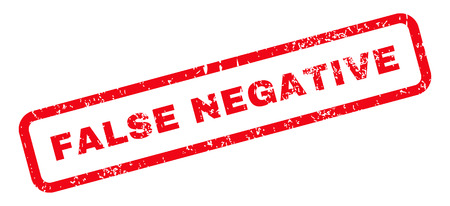Ovarian Cancer Screening Test False Negative

An ovarian cancer screening test may produce a false negative or a false positive result, either of which could cause patients to suffer serious harm. According to a recent warning from U.S. health regulators, doctors and patients should not rely on the Risk of Ovarian Cancer Algorithm (ROCA) test or similar products to screen for the disease.
Attorneys Investigating Inaccurate Ovarian Cancer Tests
The attorneys at Bernstein Liebhard LLP are investigating allegations regarding ovarian cancer tests and inaccurate results. If you or a loved one were harmed due to an ovarian cancer screening test that produced a false negative or a false positive result, please call (888) 994-5118.
FDA Ovarian Cancer Test Warning
The majority of ovarian cancer screening tests currently on the market test levels of a blood protein called CA 125, which often presents at elevated levels in women with the disease. However, high levels are also associated with a number of other disorders, while women in the earliest stages of ovarian cancer may present with normal CA 125 levels. Abcodia, Inc.’s ROCA test is somewhat different than standard ovarian cancer screening tests, in that it uses CA 125 measurements, along with a woman’s age, menopausal status, and risk status to determine the likelihood of ovarian cancer.
In September 2016, the U.S. Food & Drug Administration (FDA) recommended that doctors and patients avoid use of ovarian cancer screening tests due to a risk of false negative or false positive results. The agency warned that the claims regarding the efficacy of the ROCA tests and similar products could not be verified by science. An inaccurate result could cause harm to a woman by:
- Causing the patient to undergo medical tests and/or unnecessary surgery for cancer, exposing her to an unnecessary risk of complications in the case of a false positive test.
- Leading a woman to delay seeking surgery or other treatments in the case of a false negative test, placing her life in serious jeopardy.
- Causing those at increased risk for ovarian cancer to avoid taking actions to reduce future risk if a test shows no cancer currently present.
Detecting Ovarian Cancer
Unfortunately, there is no reliable way to screen for ovarian cancer. The U.S. Centers for Disease Control (CDC) recommends that women pay attention to their body and understand what is normal for them.
Some risk factors for ovarian cancer include:
- Being middle-aged or older
- A close family history of the disease (such as your mother, sister, aunt, or grandmother have had ovarian cancer)
- Have a genetic mutation called BRCA1 or BRCA2, or one associated with Lynch syndrome
- Have had breast, colon, or cervical cancer, or melanoma
- Eastern European (Ashkenazi) Jewish background
- Have never given birth or have had trouble getting pregnant
- Have endometriosis
Symptoms that may be associated with ovarian cancer include:
- Abnormal vaginal bleeding or discharge.
- Pain in the pelvic or abdominal area
- Back pain
- Bloating
- Feeling full quickly while eating
- A change in your bathroom habits, including frequent urination, constipation, or diarrhea
The CDC recommends seeing a doctor if you experience vaginal bleeding that is not normal for you. Also see a doctor if you have any of the other signs for two weeks or longer and they are not normal for you
Ovarian Cancer Screening Test Lawsuit Reviews
Bernstein Liebhard LLP is offering free legal reviews to women who took an ovarian cancer screening test and received a false negative or false positive result. To learn more, call (888) 994-5118 to get in touch with a member of our legal team.
- FDA (2016) “The FDA recommends against using screening tests for ovarian cancer screening: FDA Safety Communication” http://www.fda.gov/MedicalDevices/Safety/AlertsandNotices/ucm519413.htm
- CDC (2016) “Ovarian Cancer” http://www.cdc.gov/cancer/ovarian/index.htm
Get the latest news and litigation updates about this case by following us on Facebook. Click the "Like" button below.
Follow Us


